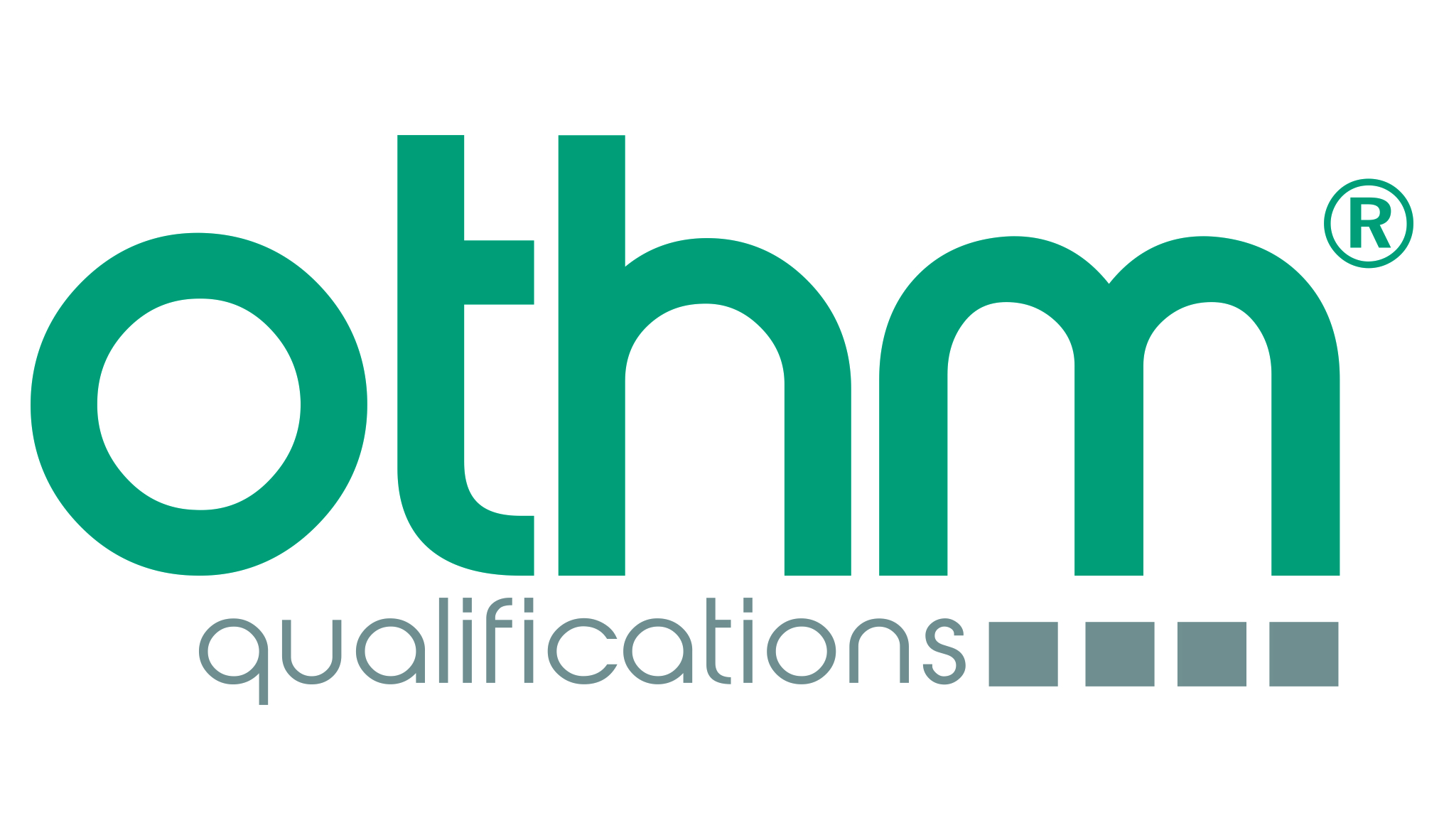Any Query :
International Postgraduate Diploma in Environmental Management (Level 7) OTHM Accredited
International Postgraduate Diploma in Environmental Management (Level 7) OTHM Accredited
Course Description
This program is designed for corporate personnel keeping in view their diverse background of professions to demonstrate knowledge that is necessary to understand the environmental issues that can arise or are expected in routine functions or operations of an organization. The course will provide the necessary background to understanding the policies, management system requirements, governance and ethics, and decision-making processes that underpin the causes of, and responses to changing environmental conditions and their impacts.
Course Objective:
The aim of the International Environmental Diploma is to provide learners with comprehensive knowledge and understanding of environmental management in order to learn its efficient utilization for sustainable development and promoting environmental sustainability.
Learning Outcome:
Upon completion of this course, learners will be able to:
- Apply key terminology, facts, concepts, principles, historical perspectives, and theories concerning environmental management and global sustainability toward solving environmental challenges in their organization.
- Understand the framework of the Environmental Management System and Environmental Policy requirements.
- Manage environment-related risk (Indoor and outdoor).
- Develop control to reduce or eliminate environmental risk.
- Learn legal frameworks/ laws related to environmental protection and management.
- Perform environmental quality Monitoring and measurement.
- Understand modern approaches and interactive factors for pollution management and environmental sustainability.
- Construct and implement best management practices and procedures to avoid or minimize the environmental impacts and emergency situations at the site.
- Apply applicable methods and tools for environmental assessment to critically evaluate and interpret the environmental performance.
Qualification structure:
The International Postgraduate Diploma in Environmental Management (Level - 7) consists of 06 mandatory units for a combined total of 120 credits, 1200 hours of Total Qualification Time (TQT), and 600 Guided Learning Hours (GLH) for the completed qualification.
Mandatory units:
| Unit Ref. No. | Unit title | Credit | TQT | GLH |
| DEM230901 | Introduction to Environmental Management and Sustainable Development | 20 | 200 | 100 |
| DEM230902 | Environmental Management System (EMS) and Environmental Policy | 20 | 200 | 100 |
| DEM230903 | Environmental Laws and Regulations | 20 | 200 | 100 |
| DEM230904 | Management of Environmental Pollution & Environmental Management Plan (EMP) Requirements | 20 | 200 | 100 |
| DEM230905 | Risk Management Strategy, Disaster Management, and Environmental Emergency | 20 | 200 | 100 |
| DEM230906 | Methods and Tools for Environmental Assessment | 20 | 200 | 100 |
Unit-1: Introduction to Environmental Management and Sustainable Development:
- Basic Terminologies.
- Definitions of Environmental Management.
- Importance of Environmental Management.
- Principles of Environmental management.
- Concept of sustainable development and sustainability.
- Pillars of Sustainability.
- Environmental Issues
Unit-2: Environmental Management System (EMS) and Environmental Policy:
- Introduction to Environmental Management System (EMS).
- The Environmental Management System Model- PDCA Cycle.
- Intellectual Basis 0f ISO 14000 Standards.
- Environmental Management Systems Requirements - ISO 14001.
- Elements of EMS - ISO 14001. • Benefits of Environmental Management System.
- Environmental Policy and its Requirement.
- Environmental policy and sustainability.
Unit-3: Environmental Laws and Regulations:
- Overview of Environmental Law.
- International Legal Framework- International Perspective of Environmental Protection.
- Regional/National legal framework-Local Legislation.
- Best Available Technique BAT.
- Roles of Regulatory and Enforcement Agencies.
- Offense of Non-compliance.
Unit-4: Management of Environmental Pollution & Environmental Management Plan (EMP) Requirements:
- Environmental pollution.
- Water pollution management.
- Air pollution management.
- Solid waste management.
- Hazardous material management.
- Noise management.
- The purpose and scope of the EMP.
- A project overview.
- A construction plan and schedules.
- The roles and responsibilities of the environmental management team.
- Environmental awareness, training, and competency commitments.
- General communications and record-keeping commitments.
- Environmental incident reporting procedures.
- Environmental monitoring and adaptive management summary.
- EMP review and revision procedures.
- EMP Component/Execution Plan.
Unit-5: Risk Management Strategy, Disaster Management and Environmental Emergency.
- Environmental Risk Assessment.
- Source – Pathway – Receptor Model.
- Environmental Risk Assessment Matrix.
- Identifying environmental aspects.
- Understanding environmental impacts.
- Determining significant environmental aspects and their Impacts.
- Risk associated with threats and opportunities.
- Meaning of Disaster Management- Four Key Elements.
- Types of Disasters • Disaster Management Plan.
- Phases of Disaster Management.
- Emergency Preparedness and Response.
- Environmental Emergency Response Plans (EERP).
Unit-6: Methods and Tools for Environmental Assessment:
- Environmental Impact Assessment.
- Life Cycle Assessment (LCA).
- Environmental performance indicators.
- Environmental Auditing.
Eligibility Criteria:
- ISO 14001:2015 Environmental Management System.
- Level 3 Certificate in Environmental Management.
- Any other environmental or related qualification or minimum of 02 years' experience in an environmental position.
Duration and delivery:
The qualification is flexible in its delivery to accommodate part-time and distance learning. The qualification is delivered face-to-face through lectures, tutorials, seminars, distance, and online by the Fire Safety Management Institute.
Assessment and verification:
All units within this qualification are internally assessed by the Fire Safety Management Institute and verified by OTHM. The qualifications are criterion-referenced, based on the achievement of all the specified learning outcomes. To achieve a ‘pass’ for a unit, learners must provide evidence to demonstrate that they have fulfilled all the learning outcomes and meet the standards specified by all assessment criteria. The judgment that the learners have successfully fulfilled the assessment criteria is made by the Assessor. The Assessor should provide an audit trail showing how the judgment of the learners’ overall achievement has been arrived at.


